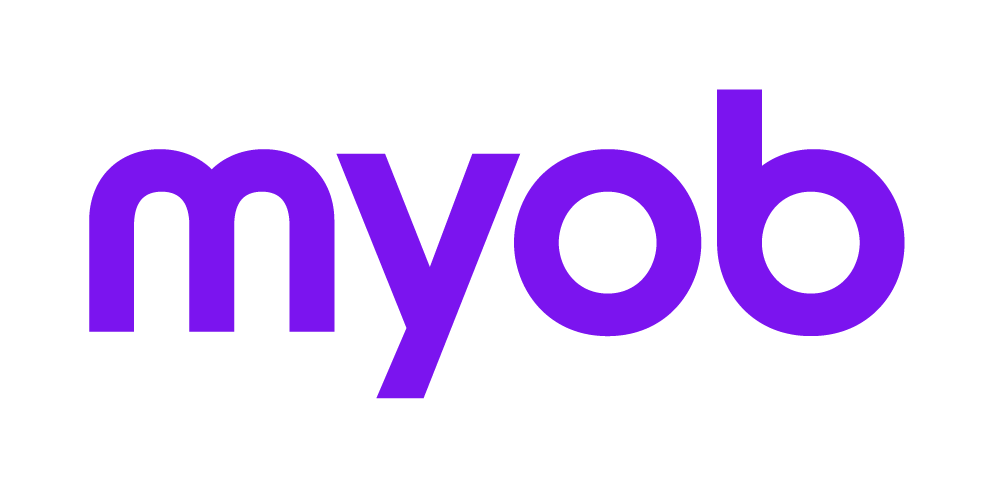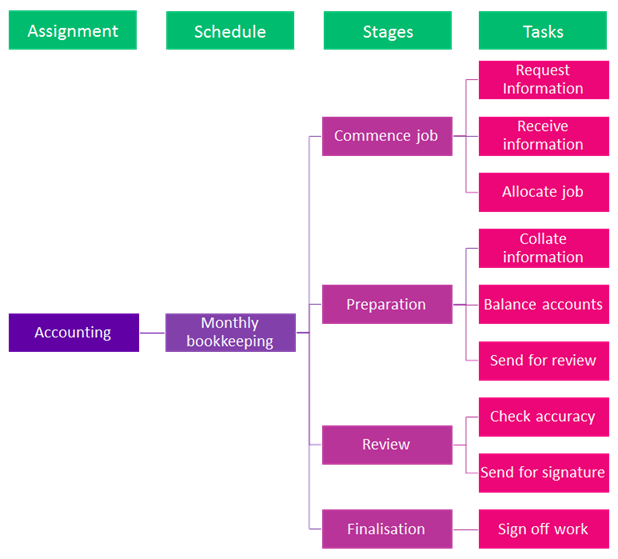Assignments
Create a structured and organised assignments for your clients' services
Accountants Enterprise only
Learn all about Practice Manager in MYOB Academy
Assignments help you to perform work for a client within a structured and organised way that allows for the descriptive and accurate capture of WIP. This benefits your practice by recording information, encouraging a time-efficient and accurate billing process, and increasing reporting flexibility. Clients benefit as they have a personalised workflow that meets their requirements. You can also easily keep your clients up-to-date because you know the type and cost of the work being performed.
You can also set up a standard set of assignments to use for each client when they ask for your services. Standard sets of assignments are called Assignment Templates.
In Practice Manager, the work performed is broken down into work units which have a time and cost associated with them. Work units enable you to accurately estimate the work to be done, the time involved and the associated costs. The information gives you the tools to better manage your business resources, cash collection and workflow.
The work is broken down into Assignments and Schedules.
Time and expenses cannot be entered against a client without an assignment.
Assignments
All time and disbursements are recorded against assignments. Assignments enables you to logically group the different work types. When entering WIP and expenses, you select assignments to record against. The assignment can either be:
A chargeable assignment linked to a client and therefore available to raise bills against
orNon–chargeable against which you will record annual leave, sick leave and training, etc.
Standard assignments save time and ensure a consistent practice workflow and estimation of costs.
Schedules
Schedules are created within clients’ assignments. Each schedule contains stages which consist of tasks and milestones. Use these two features if you want to track and monitor the work done for a client. Tasks and milestones are added to the schedule using the Assignment Details page > Schedule tab and can be added individually or from a pre–defined schedule template. See Schedules for complete details.
Schedules are divided into:

